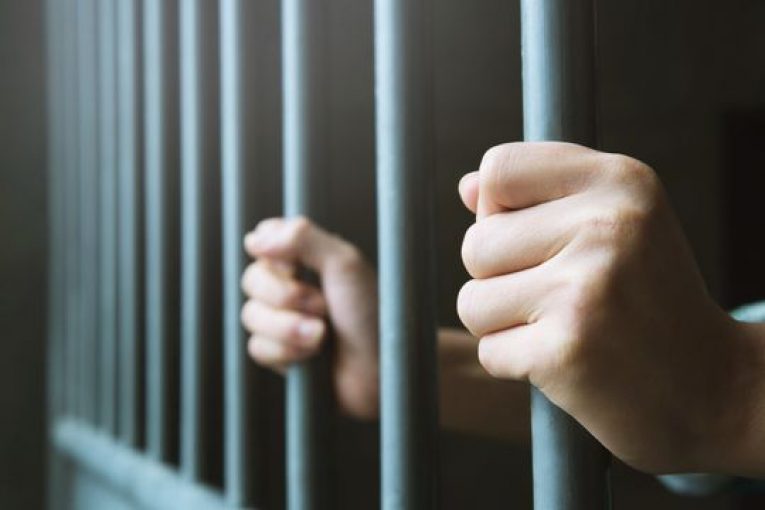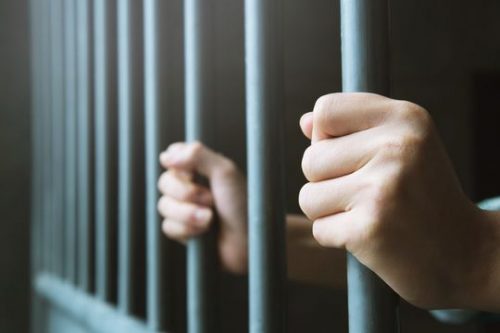

By Yana Singhal
WASHINGTON, DC – The National Registry of Exonerations has recorded over 3,000 cases of wrongful convictions in the United States, but different organizations have helped to overturn these convictions, according to the National Institute of Justice (NIJ).
“The Innocence Project,” notes the NIJ, has exonerated “375 people, including 21 who served on death row.”
However, “faulty forensic science is partly to blame,” according to Dr. Jon Gould at UC Irvine, who notes factors that can lead to wrong convictions include “flawed eyewitness identification, confessions, testimony, police and prosecutorial conduct, defense lawyering, and forensic science.”
He also states that in “prior analyses, researchers have not been able to draw conclusions about causation because the studies did not use control groups.”
The National Institute of Justice wanted to further explore what creates these errors in forensic science and employed Dr. John Morgan, independent research consultant, to analyze and describe the impact of forensic science on erroneous convictions that the National Registry of Exonerations classified as being associated with “false or misleading forensic evidence.“ ’
’
Looking at previously collected data, Samuel Gross and Michael Shaffer of the University of Michigan Law School concluded, “The problems with forensic evidence range from simple mistakes to invalid techniques to outright fraud.”
Dr. Morgan, said NIJ, did further research on this topic—his own study was meant to “examine the specific types of errors associated with forensic evidence — research that is essential to identify past problems, mitigate future errors, and support the development of targeted, systems-based reforms by forensic practitioners.”
This research would lead to a “forensic error typology/codebook,” where “factors related to misstatements in forensic science reports, errors of individualization or classification, testimony errors, issues related to trials and officers of the court, and evidence handling and reporting issues.”
In Dr. Morgan’s study, NIJ said he examined “732 cases and 1,391 forensic examinations from the National Registry of Exonerations,” which would include “examples from 34 forensic disciplines, including serology, forensic pathology, hair comparison, forensic medicine, seized drugs, latent prints, fire debris, DNA, and bitemark comparisons.”
A further breakdown of his cases disclosed out of the 732 cases, 635 cases had errors related to forensic evidence while 97 cases had no errors related to forensic evidence, said NIJ, adding, of the total forensic examinations included, 891 had an error related to forensic evidence while 500 were valid with no associated or known case error related to forensic evidence.
Looking at most of the errors related to forensic evidence were mainly because of, said NIJ, “Incompetent or fraudulent examiners, Disciplines with an inadequate scientific foundation (sometimes referred to as ‘junk science’), Organizational deficiencies in training, management, governance, or resources.”
NIJ also reported Dr. Morgan suggested how cognitive bias could play a role and hence “reforms should balance cognitive bias concerns with the requirements for reliable scientific and medical assessment.”
Morgan also points out, “Investigators or prosecutors, for example, may discount or ignore exculpatory forensic results due to their own biases.”
NIJ notes Morgan added “high-reliability” areas should look for quality control in terms of their work so it can be easily replicated as “broader criminal justice system, but not under the purview of any forensic science organization, causing errors related to forensic evidence.”